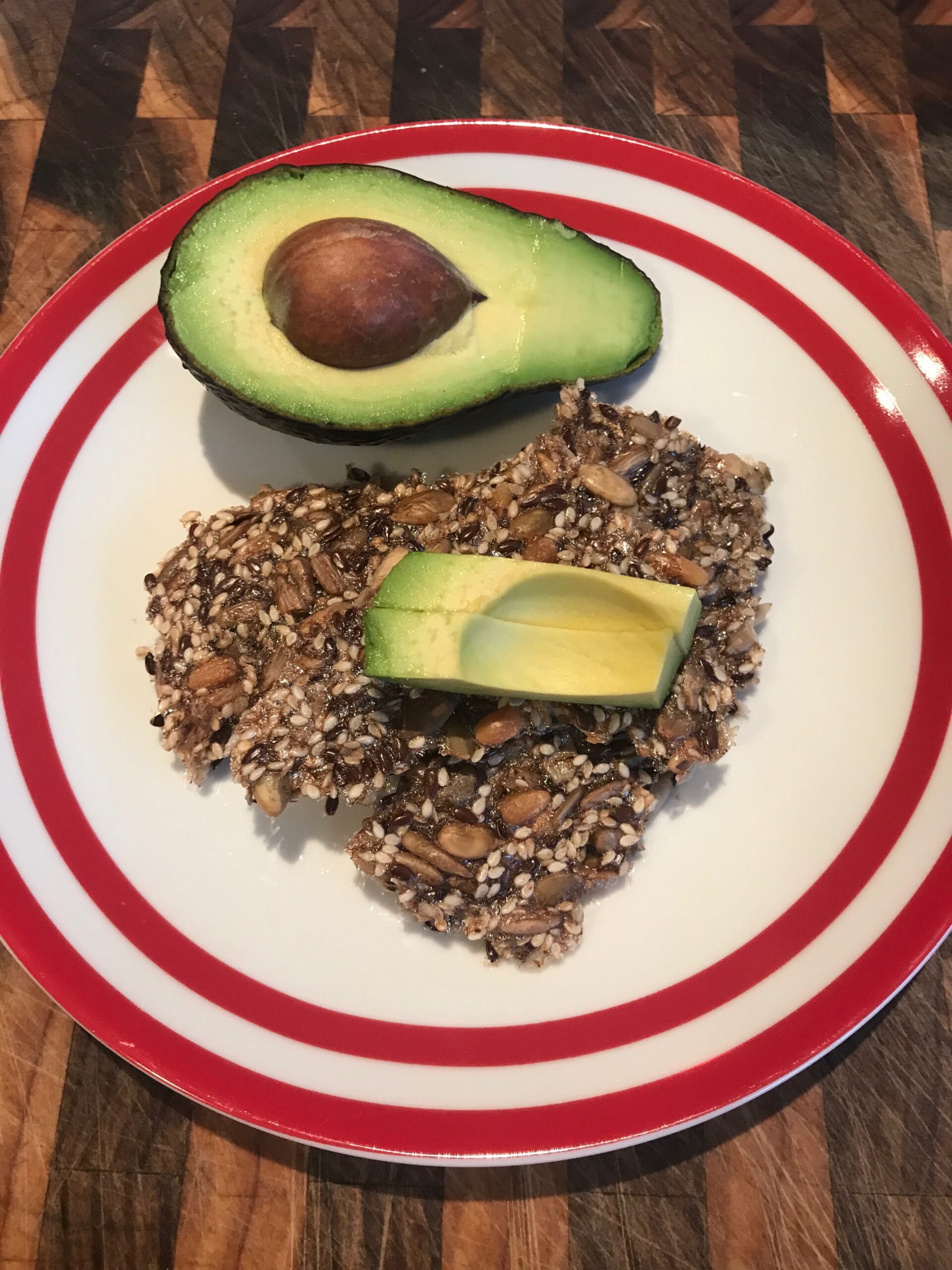Why every person should take Magnesium every day
Magnesium is one of those “do everything” minerals. It will help you when you are tired, it will help with you can’t sleep, it helps repair the body. It does everything…
Magnesium is a mineral, essential for effective functioning of the body. It is used in over 300 enzymes for the biological workings in the body, making it a necessity, along with sodium, potassium and calcium being the top four cations. If suffering from persistent or severe muscle pain, magnesium deficiency should always be considered.
Functions which it helps to perform include:
– relaxes smooth muscles (blood vessels and gastro-intestinal tract), as well as skeletal muscles (calcium contracts muscles, magnesium relaxes them)
– has a natural sedative action, by relaxing muscles
– maintains health heath
– required for DNA production and function
– needed for protein and carbohydrate metabolism, which helps to release energy, by activating ATP
– dilates and relaxes blood vessels, can lower blood pressure
– serves as a precursor for neurotransmitters, such as serotonin
What we need:
The Required Daily Intake (RDI) is around 400mg or can be calculated as 6mg per kg of body weight (so a 65kg woman needs 390mg/day). Useful dietary sources include whole grains, legumes and green leafy vegetables such as:
Milligrams of Magnesium:
Wheat germ (100gr) 490
Almonds (100gr) 270
½ avocado 103
½ cup cooked spinach 65
1 med baked potato, skin on 55
½ cup baked beans 40
Cooked beans/peas (100gr) 35
½ cup cooked lentils 35
1 medium banana 34
Whilst it appears quite accessible, the more processed or cooked the food, the less magnesium survives to be utilised. It is easy to lose magnesium from the body, with any intake of alcohol, caffeine or sugar. Magnesium is also excreted from the body more readily in times of stress. A CSIRO study of Australian adults noted that 50% of men and 39% of women tested were eating less than the RDI of magnesium.
Magnesium intake is also hindered by the amount of calcium in the diet, as they compete for absorption. As a result of this, it is important to take magnesium and calcium as separate supplements, to maximise absorption of each mineral. Calcium and magnesium are both essential to maintain healthy bones and muscles, and should be taken in a ratio of around 3:2 (ie. 900mg calcium: 600mg magnesium).
It is possible to take up to 1000mg per day before toxicity occurs, although those with impaired kidney function should be more cautious.
Different types of magnesium for supplementation (From easier to absorb to more difficult). Magnesium aac is twice as absorbable as magnesium citrate, for example.
Amino acid chelate (aac): most absorbable forms, also referred to as:
– glycinate: glycine is a neurotransmitter, so enhances mental relaxation
– aspartate: works on excitatory neurotransmitters, can overstimulate neurons
ascorbate: forms vitamin C and magnesium in the gut, is well tolerated in the gut
citrate: well absorbed, and can have a mild laxative effect
orotate: well absorbed, good for endurance and heart health
carbonate: forms mg chloride when mixed with acid in the stomach, good for reflux
oxide: most common form, poorly absorbed, strong laxative effect
sulfate: also known as Epsom salt, best for absorbing through the skin, via a bath, as can cause gastrointestinal distress if taken internally
Be aware that some forms of magnesium can be useful for helping with constipation but should be avoided if this is not the desired effect.
When to take magnesium supplements:
Magnesium is best absorbed with protein, and on an acid stomach, so take with or just before a meal.



